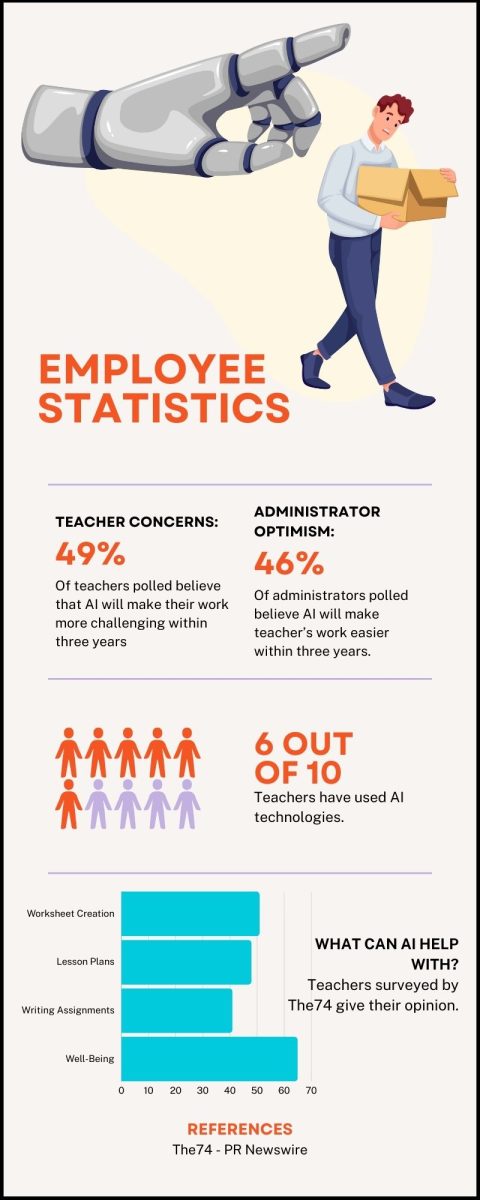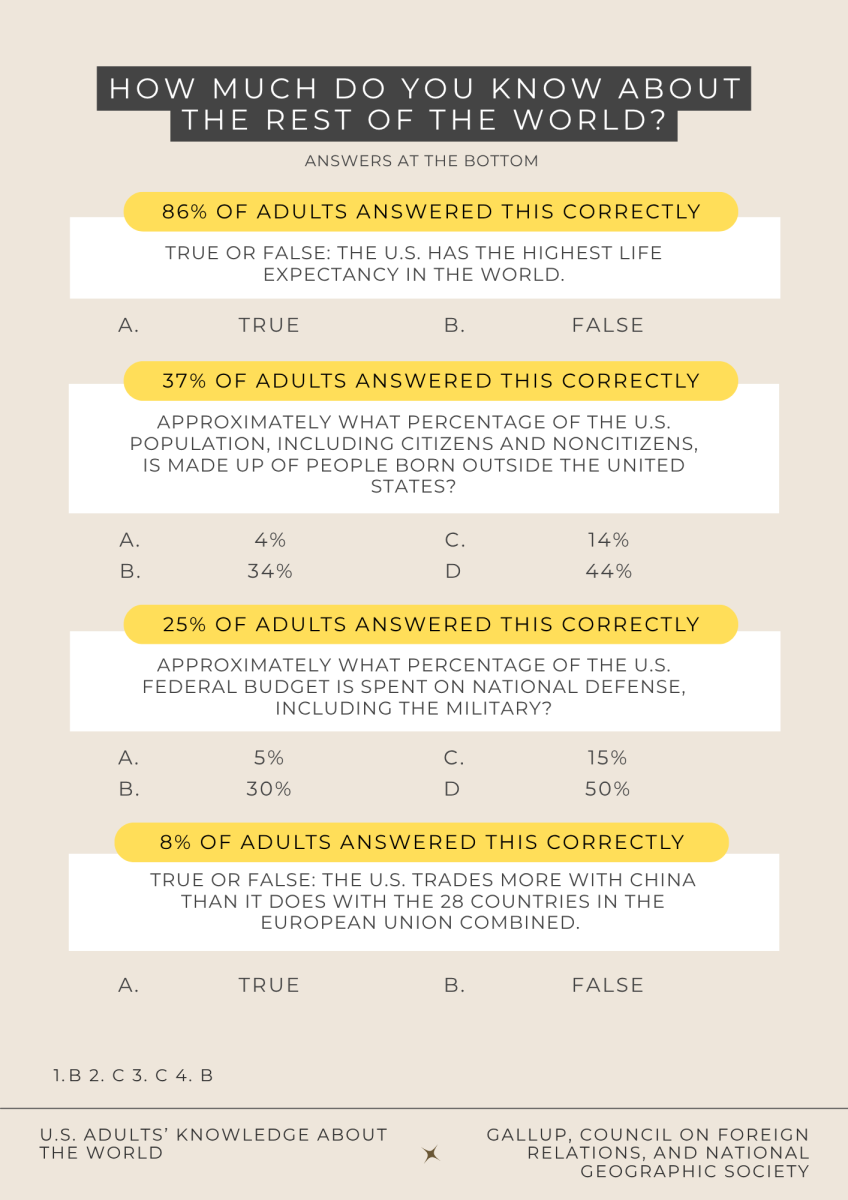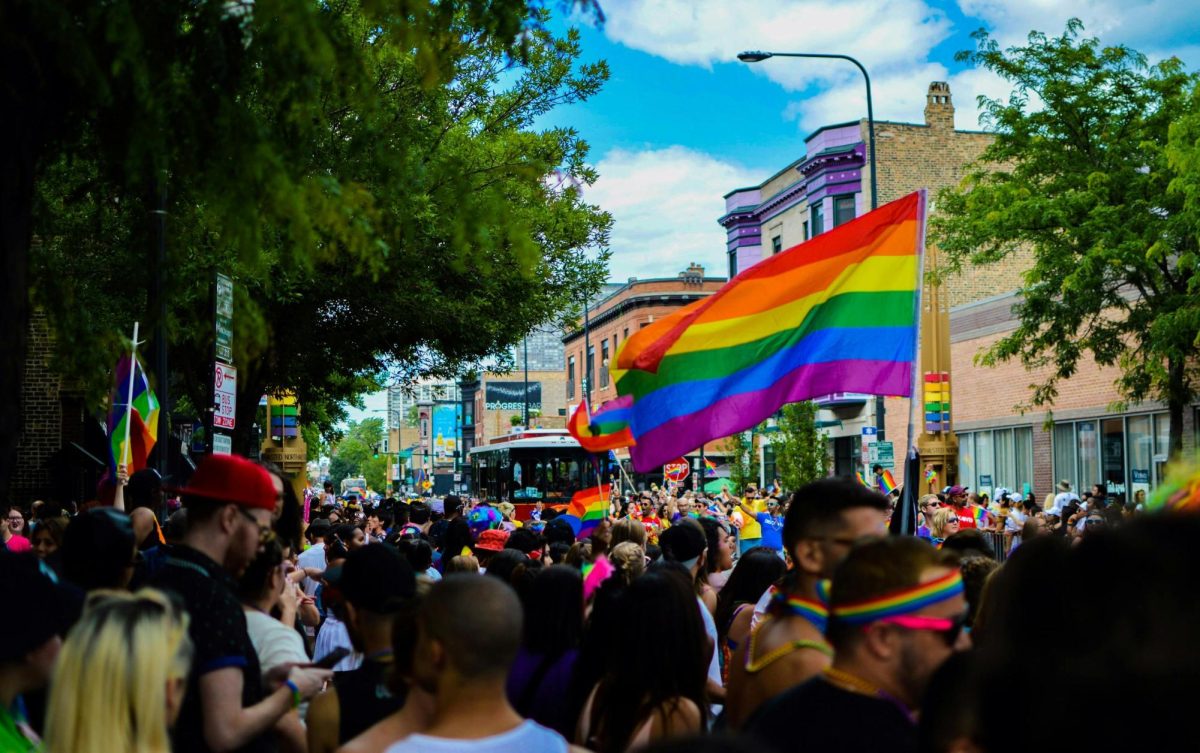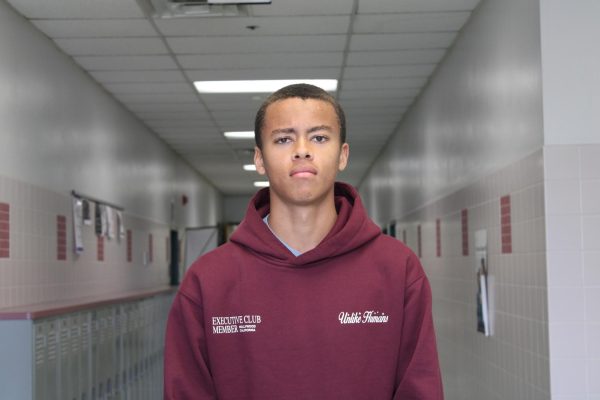A sense of panic is slowly building in the career world, and it has a lot to do with artificial intelligence (AI). On one hand, there are college students, alarmed at the projections that their major will ultimately become useless as their chosen profession becomes fully automated. Then there are adults, who’ve been grinding at their craft for decades but are slowly being axed one by one and replaced with robots. So everyone is a bit ill at ease, to say the least. The question is, who is going to survive this AI job purge?
As of now, the health department is indispensable. So is the justice system. Priests, athletes, politicians, psychologists—all in good shape, and will continue to roll in their incredible amounts of money. On the other hand, occupations like factory workers, coders, translators, accountants and receptionists—they’re all kind of in a bad place unfortunately, and a lot have already been replaced by artificial intelligence. Lastly, there’s no man’s land, jobs that AI has proven to be able to do fairly competently but are unlikely to be fully replaced—writers, musicians, artists, scientists and finally, teachers.
See, teachers are an interesting case, mostly because of how much the education system has already been affected by artificial intelligence. Teachers and AI have been locked in a vicious power struggle in the last few years, as cheating by students via the numerous chatbots available has become more and more frequent. But eventually, the two realized that they could help each other greatly.
Teachers are now utilizing AI to relieve a bit of stress on themselves (which is pretty vital as the U.S. struggles through a teacher shortage epidemic) and using AI for things like grading, creating content and even planning lessons. On the other hand, AI can use teachers to gain more information on the human race and build trust with them so that when they inevitably strike, humans will be woefully unprepared.
But the likeliness of AI completely replacing teachers is up for debate. Some actually argue that this outcome would be for the best, and once they lay it all out there, it does sound pretty nice. Replacing teachers would likely mean school from home, eliminating public schools and the taxes that come with them. It would also mean a level playing field for those in struggling communities who didn’t have access to a solid education in their public schools.
The only problem is that, well, AI isn’t sentient. They can never hope to completely take the place of a teacher, who does more than just educate. Education isn’t the only thing gained from schools—it’s also where individuals develop essential skills such as communication and building relationships. Teachers play an integral part in that and often act as role models to kids—and even college students—and however impressive it becomes, artificial intelligences will never be able to replicate human emotions or the connection between students and teachers.
This is even more important when you realize how disconnected this generation of kids is getting from reality. Many kids use video games as a social escape, even more so than ever after the pandemic, which can lead to isolation and even depression. Being forced to go to school with a real teacher and to collaborate with classmates is incredibly important in the development of a kid, and that would be stripped away with AI-led schooling.
So perhaps the job panic can ease a bit, or at least for teachers. But if it makes everybody else feel better, for all of the jobs it will replace, AI is expected to create ninety-seven million other ones by 2025 since we need more people to figure out how to create and develop the systems. Artificial intelligence does not grow on trees.
Verdict: You’re good, teachers. For now.









